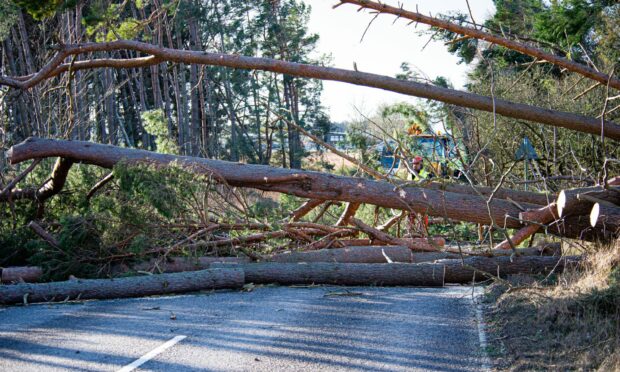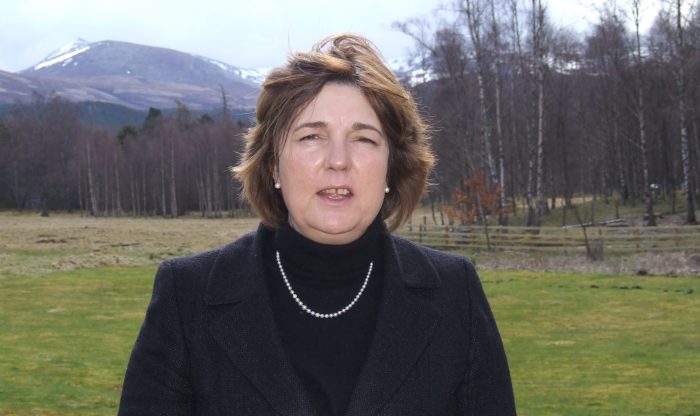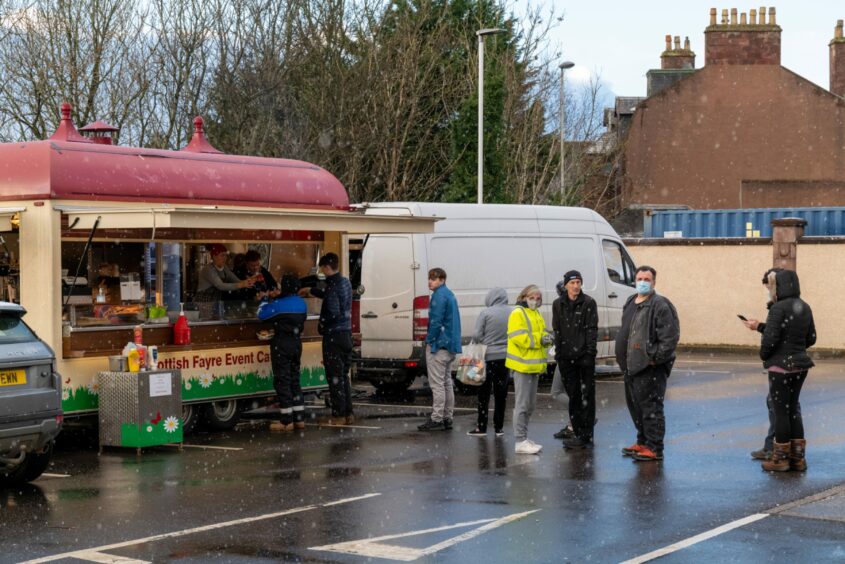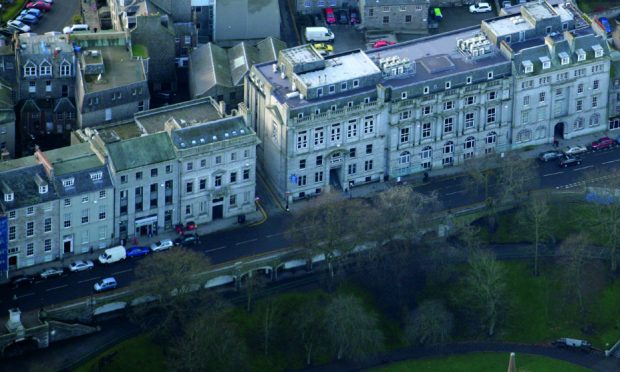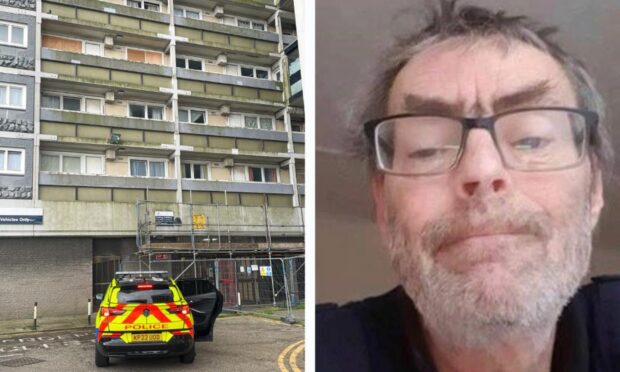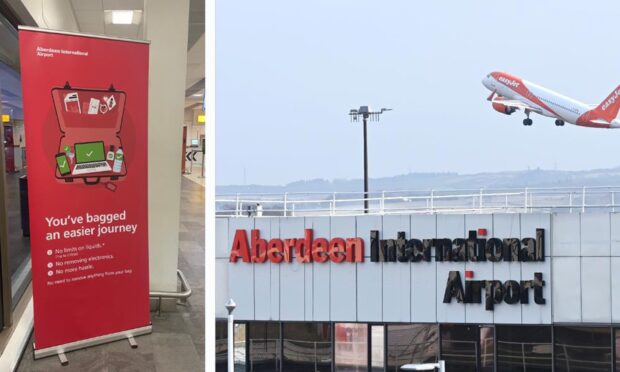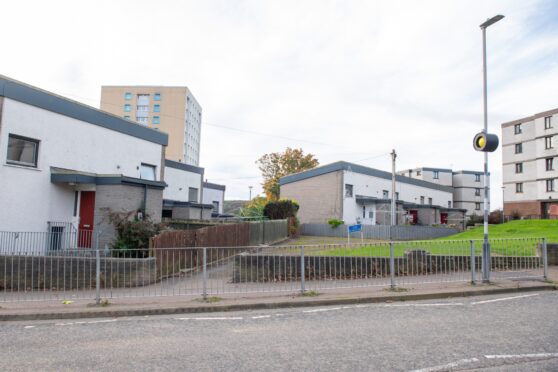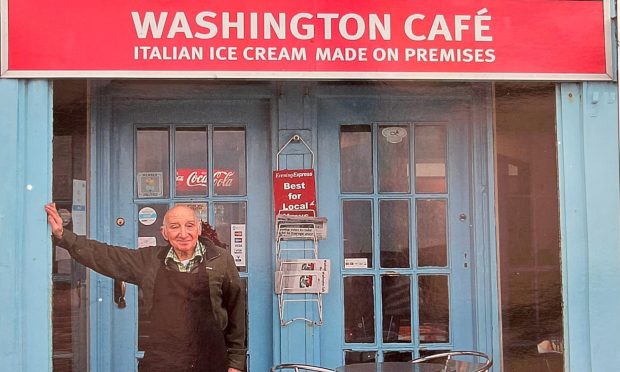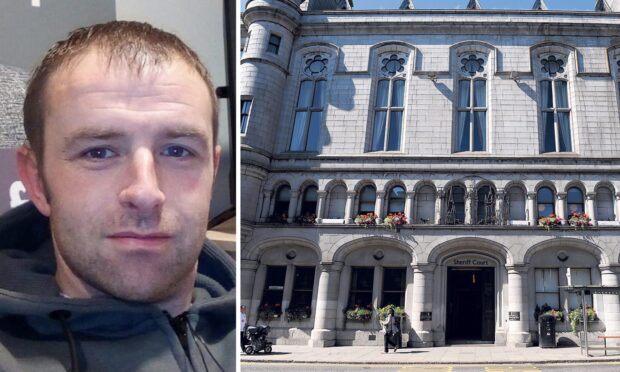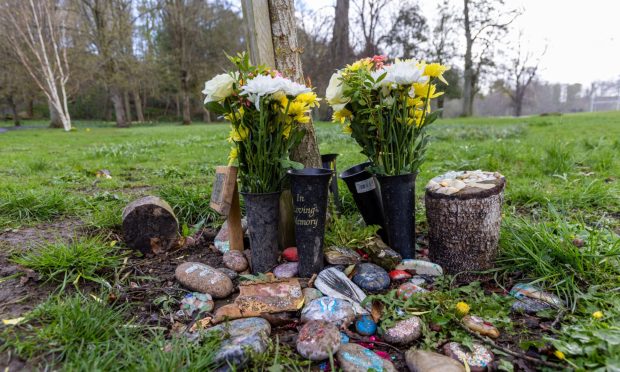Almost 1,500 people who were cut-off by recent storms have backed a petition calling for a pause on a digital communications roll-out.
Storm Arwen and its successors left scores of homes across the north-east without power – or the ability to call for help.
Many homes have already had their analogue landlines replaced with a digital system, which relies on a broadband connection.
Now Aboyne, Upper Deeside and Upper Donside councillor Geva Blackett has launched a petition calling for Ofcom to halt the roll-out until a more resilient system can be brought in to help people in emergency situations.
While the new Voice over Internet Protocol (VoIP) system may improve connections and connectivity, Mrs Blackett has pointed out its fragility in the face of extreme weather.
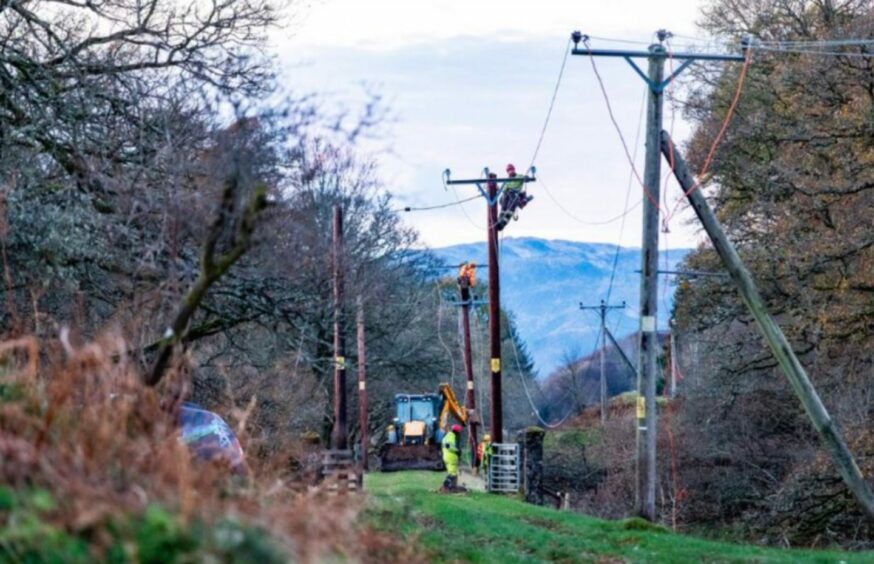
‘Storms have shown us how fragile Scotland is’
She told The P&J: “I don’t want to call a stop to this digital roll-out but I would like avenues of communication to be opened between rural communities and Ofcom.
“They state that communication is for everyone to access, but when power goes out and broadband becomes unavailable, how do you call for help?
“I think the recent storms have shown us how fragile Scotland is and how easy it is for rural areas to become isolated.”
Nearly 1,500 people have signed the petition so far, with one supporter asking: “Shouldn’t everyone have a right to immediate help in a crisis?”
Infrastructure in the north and north-east has been at the mercy of Storms Franklin, Arwen, Barra, Corrie, Dudley, Eunice and Malik over the past three months.
Roads were closed, trains halted and ferries cancelled as unprecedented storms smashed towns, villages and cities.
And, with more extreme weather events being predicted in the near future, Mrs Blackett believes many rural communities have no backup communication in the event of broadband failure and lengthy power cuts.
‘Chocolate fireguard with no backup’
In the petition, Mrs Blackett describes back-up batteries a “chocolate fireguard” and urges Ofcom to meet with rural communities to find a more suitable alternative.
She wrote: “With no access to phones or email in rural communities how do emergency services such as doctors, ambulance, police, fire… respond where needed? How do we get emergency information from power companies or learn where to get emergency food/water provisions? How do we check on vulnerable people in outlying areas – if trees are down, access by road may be impossible?
“In many rural communities, radio reception may be patchy. Following Storm Arwen for example, we had to drive miles to get news.
“BT Digital Voice will provide back up batteries to (vulnerable) people but those batteries last only one hour – chocolate fireguards… loss of mobile signal is no back up.
“Who decides who is ‘vulnerable’? A young mother with a new born up a farm track may be vulnerable, in the middle of a village she might not be…
“Please pause roll out where more work on reliability for communities is required.”
While concerned about protecting the north-east’s interests, Mrs Blackett acknowledged the digital roll-out had far-reaching consequences for all parts of the UK.
Ofcom vow ‘recent events’ will improve future network resilience
She told us: “I was speaking to someone in Yorkshire who couldn’t communicate using their phone after a power cut as they weren’t aware of being consulted over the switch.
“The eventual hope with this is that we can speak to someone at Ofcom who can consult with how we can make phone networks more resilient and keep people connected when they need it most.”
An Ofcom spokesman moved to assure people that work was ongoing to identify those who may be at risk by switching to digital.
He said: “We have set clear expectations on phone companies around the switch to digital calls. They should communicate effectively with customers and identify people who may be at risk because they depend on their landline.
“Those customers should be offered a free solution that meets their circumstances, such as a mobile phone that works in the area, or battery back-up. We have recently written to all major phone companies to remind them of their obligations, and will closely monitor their response.
“Together with the telecoms companies, the UK and devolved governments and other regulators, we will identify what lessons can be learned for future network resilience given recent events.”
Petition responses
Signatories of the petition so far have included people cut off during the recent storms, or those who know of people who struggle to even get a mobile signal in their homes.
Fiona Mcrae wrote: “I can no longer use a corded landline. During a recent five-day power outage, I had no heating, no mobile service and no landline. We must remain connected – rural locations are being discriminated against.”
Helen Allison posted: “I live in rural Aberdeenshire and was affected during the storms. I had to walk around five miles to get a mobile signal to call about the trailing power lines because the landline was also out. We need a better solution.”
Philippa Black wrote: “After Storm Malik I had no mobile signal and without my analogue phone would not have been able to call out the vet. Analogue should not be switched off until every home has reliable digital comms.”
And from further afield, Clare Fenton backed the campaign with this message.
“As a doctor in North Yorkshire I have heard of patients having to walk miles to the next nearest house to seek a lift to hospital. Shouldn’t everyone have a right to immediate help in a crisis?”
